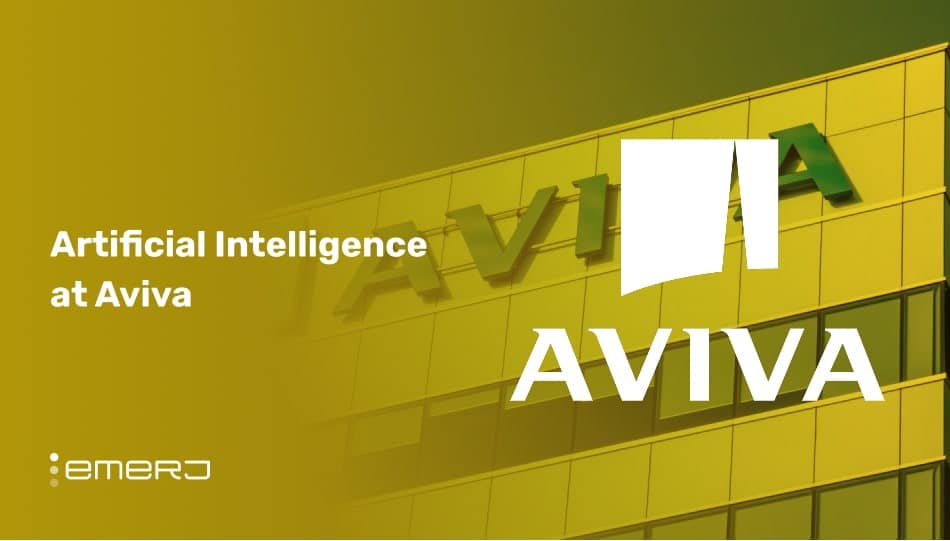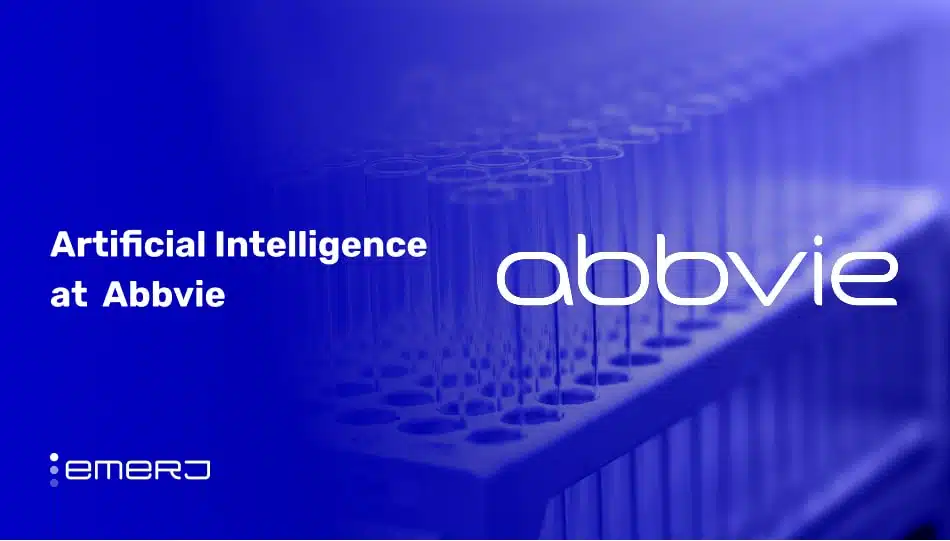Horse betting is harder than it looks. At the 142nd Kentucky Derby last week, only one of five experts from Churchill Downs Racetrack correctly predicted the winner. None of them correctly predicted the top four horses. Known as a superfecta, this latter bet came with 540 to 1 odds, meaning $100 down would return $540,000. And although the experts failed to predict the finishing order, an anonymous group of internet users did.
The company behind the superfecta prediction was Unanimous AI, a startup that turns to “swarm intelligence” to pool collective knowledge into correct decisions.
What is swarm intelligence?
If you’ve ever seen birds flock, fish school, or ants march, then you’ve seen swarm intelligence in action. “Swarming is Mother Nature’s way of amplifying the intelligence in groups,” Unanimous AI says on its website. In other words, many minds are better than one.
Human beings, however, haven’t evolved to swarm. Where fish evolved to sense subtle vibrations in water and ants elicit chemical signals, humans lack an innate swarming mechanism. To this end, Unanimous AI CEO Louis Rosenberg and his team created UNU, a platform that puts the minds of many individuals together to come to better conclusions.
Back to the Derby
The Kentucky Derby prediction was initially posed as a challenge by TechRepublic journalist Hope Reese, who wondered if swarm intelligence could do what so many experts couldn’t. And, indeed, it did. The 20-participant group placed each of the top four horses in it’s exact finishing position. Rosenberg put a bet on this prediction and walked away with $13,000 (which the startup says he kindly divided amongst his employees).
This isn’t the first time UNU’s users have made remarkable predictions. A group of seven UNU users correctly predicted 11 out of 15 Oscar category winners. That was18 percent more accurate than the New York Times experts.
The system isn’t always perfect, however. This year, during the NFL playoffs, UNU users predicted the Carolina Panthers would face the New England Patriots in Super Bowl 50.
How does UNU work?
UNU is powered by users from around the world who have a shared interest in collaborating online. The startup periodically posts questions to their community, sometimes sending emails to alert users that the program will be running a particular topic or make specific requests regarding participation. For example, when Unanimous AI recently held a UNU session around SXSW, they asked only people who’ve visited or lived in Austin to join.
Once signed in, user’s are briefed with the question and shown the various available answers. This might be two choices, such as in the case of Super Bowl winners, or it might be a handful of options, such as when Emerj suggested questions for a swarm.
A countdown commences, users click their cursors near their preferred answer, and – like insects playing 360º tug-of-war – the central “puck” is pulled in the direction of strongest preference. The more consensus, the faster the puck is pulled and the quicker an answer is decided upon.
If opinion is split in opposite directions, the puck remains suspended. The longer it takes for users to decide upon an answer, the less “brainpower” the swarm session receives. A quick decision has 100 percent brainpower. A group that gets stuck in suspension ends up with 0 percent brainpower. In short, brainpower expresses the percentage of consensus for a given answer.
What do UNU users think about AI?
Swarm intelligence may have made remarkable predictions on questions of winning and losing, but the collaborative system can also be applied towards more existential questions, Unanimous AI told Emerj. As a media and market research firm with a focus on AI, we were curious what UNU users thought about the future of artificial intelligence.
At our request, Unanimous AI asked a few groups of American users the following questions*:
What AI applications will transform our lives most in the next ten years?
- Speech recognition systems
- Smart home / connected devices
- Systems that adapt to preference
- Targeted advertising / marketing
When you think of “artificial intelligence,” what do you feel?
- Fearful
- Excited
- Curious
- Anxious
- Annoyed
*A total of three sessions were run for each each question. 64 users participated in each of the first sessions. Between 31 and 33 users participated in the second and third sessions.
According to these UNU users, smart home and connected devices will transform our lives the most over the next decade. Meanwhile, curiosity is the most common sentiment to thoughts of AI. Each group landed on a decision quickly enough for UNU to to calculate 100 percent brainpower.
What do these results mean?
First and foremost, the UNU experiment did not include a representative sample of American society. Prior to running the session, Unanimous AI alerted its users that the AI topic would be available to join. As such, those who participated were the type of people who are interested in swarm intelligence, engaged with emerging technology, and available to sign online to participate.
The quick decisions do, however, suggest a strong consensus within this particular community. Even among these emerging technology enthusiasts, curiosity is more prevalent than angst or excitement. And the Internet of Things is overwhelmingly seen as having the most impact on our daily lives, despite advances in AI applied to advertising and marketing.
Many of the nuances of preference and collaboration are lost in UNU. This may prove valuable for decisions about winners and losers, but may inhibit a full understanding of personal emotions and inclinations. For example, it’s difficult to determine if annoyance or fear were perhaps the second most common reaction to AI.
Nonetheless, UNU’s successful predictions make swarm intelligence a promising method for coming to correct conclusions. With these recent results, the technology may well change the betting world, neutralize experts’ importance, and grant us new insights into our collective mind.
Image credit: Pixabay



















